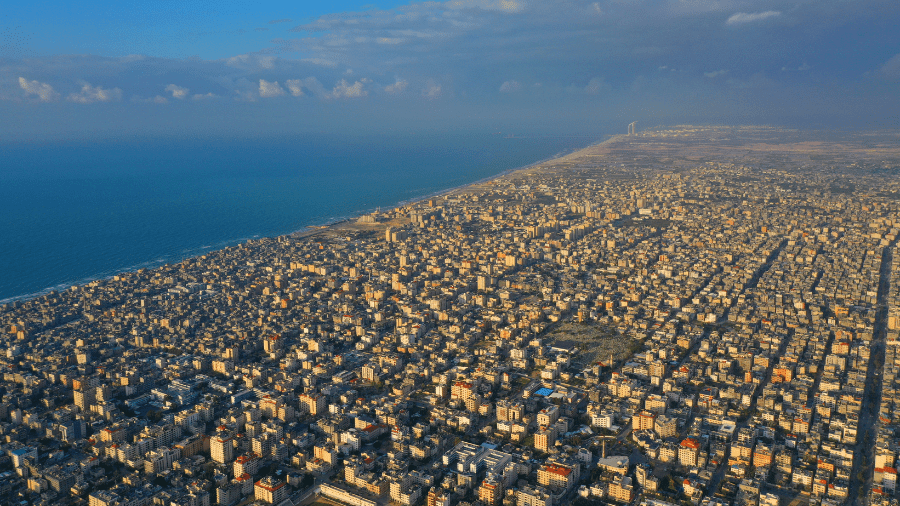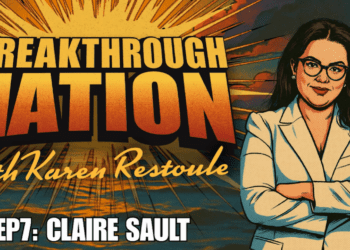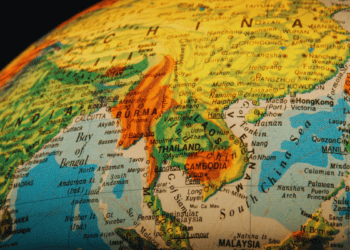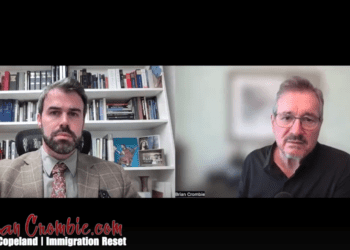This article originally appeared in the National Post.
By Sarah Teich and Brian L. Cox, December 15, 2023
The seven-day truce between Israel and Hamas ended on Dec. 1. Since the fighting resumed, calls to keep Israel accountable to international law have been intensifying, including, most recently, from Foreign Affairs Minister Mélanie Joly, who said that Canada will “support any form of accountability systems … at the international level that will look into” Israel’s conduct. On Tuesday, Canada voted for a ceasefire in Gaza at the United Nations, which will likely further embolden critics of Israel’s military operations.
Critics stand ready to lambaste Israeli military forces for the destruction of civilian infrastructure and civilian deaths, even accusing Israel of war crimes and genocide. Yet these criticisms often involve a distortion of the facts and a distortion of the law.
Oct. 7 was the single most brutal massacre against Jewish people since the Holocaust. The images and videos of the massacre are horrific. Women were paraded half-naked through the streets of Gaza; babies were ripped from the arms of their mothers and burned alive; elderly Holocaust survivors were terrorized and abducted. Approximately 1,200 people were killed and over 200 taken hostage in attacks orchestrated and carried out by Hamas, a recognized terrorist organization that receives funding and training from the Islamic Republic of Iran.
In the weeks that followed, and as Hamas continued to launch rockets indiscriminately at Israeli cities, Israeli forces initiated extensive ground, air and sea operations in Gaza, with the aim of dismantling Hamas and retrieving the hostages. These goals are, presumably, incredibly difficult for Israeli forces to achieve without risking harm to civilians, given that Hamas is known to use Palestinian civilians as human shields. Deaths in Gaza, according to local authorities, have surpassed 18,000.
There is a general prohibition on the use of force in international law. Unprovoked wars of aggression are illegal. States are, however, generally permitted to use force when acting in self-defence and with necessary, proportionate objectives. It is apparent that, following Hamas’s attack on Oct. 7 and continued indiscriminate rocket fire at Israel, Israel’s goal of dismantling Hamas and retrieving hostages would be considered necessary and proportionate objectives justifying the use of force. These strategic objectives comply with jus ad bellum, the body of law that governs when force may be initiated.
International humanitarian law, or jus in bello, governs the conduct of armed hostilities, even in the context of a lawful war. This is the law of war, or the law of armed conflict, and it applies to all parties to a conflict. Under the law of armed conflict (LOAC), the proportionality rule prohibits engaging in an attack “when the expected incidental loss of civilian life, injury to civilians or damage to civilian objects would be excessive in relation to the concrete and direct military advantage that is anticipated from the attack.”
Credibly determining that a violation of the LOAC proportionality rule has been committed requires evidence of the incidental harm anticipated and the military advantage expected at the time by those responsible for planning or conducting the attack. This assessment is difficult — if not impossible — to accomplish reliably based only on information available in the public domain.
Many critics of Israel seem to be operating under a misunderstanding of the law of armed conflict. As summarized by Charles Kels, senior attorney for the United States Department of Homeland Security and a judge advocate in the U.S. Air Force Reserve, there is a disturbing trend wherein academics and others conflate jus ad bellum and jus in bello.
What those who make this mistake are saying, writes Kels, “is that even if a state is acting in self-defence with a lawful objective, and even if their forces abide by (the laws of war) in military operations, they still have a legal obligation to stop fighting if civilian casualties are too high.” This is not the law, nor should it be.
The death toll in Gaza cannot be taken lightly. However, the magnitude of civilian harm alone is not a reliable indicator of compliance with international law. The fact that Hamas embeds itself within civilian populations, and actively prevents civilians from leaving dangerous areas, likely needlessly heightens the death toll.
International law prohibits deliberately making civilians the object of attack. Israel has committed publicly to complying with international law throughout this operation, just as it has done in the past. In contrast, Hamas has targeted, and continues to target, Israeli civilians with indiscriminate attacks. Hamas refuses to release all the hostages it abducted, which constitutes an ongoing serious violation of international law.
Accountability for atrocity crimes is something that should be encouraged, across the board. However, efforts should focus on the most likely perpetrators and the most egregious crimes. Hamas can and should be held accountable for its ongoing crimes against Israelis and Palestinians, and Israel should be supported as it defends itself in accordance with the law.
Sarah Teich is an international human rights lawyer, a senior fellow at the Macdonald-Laurier Institute and a legal advisor to Secure Canada. Brian L. Cox is a visiting scholar at University of Ottawa School of Law, a lecturer at Cornell Law School and a retired U.S. Army military lawyer.





